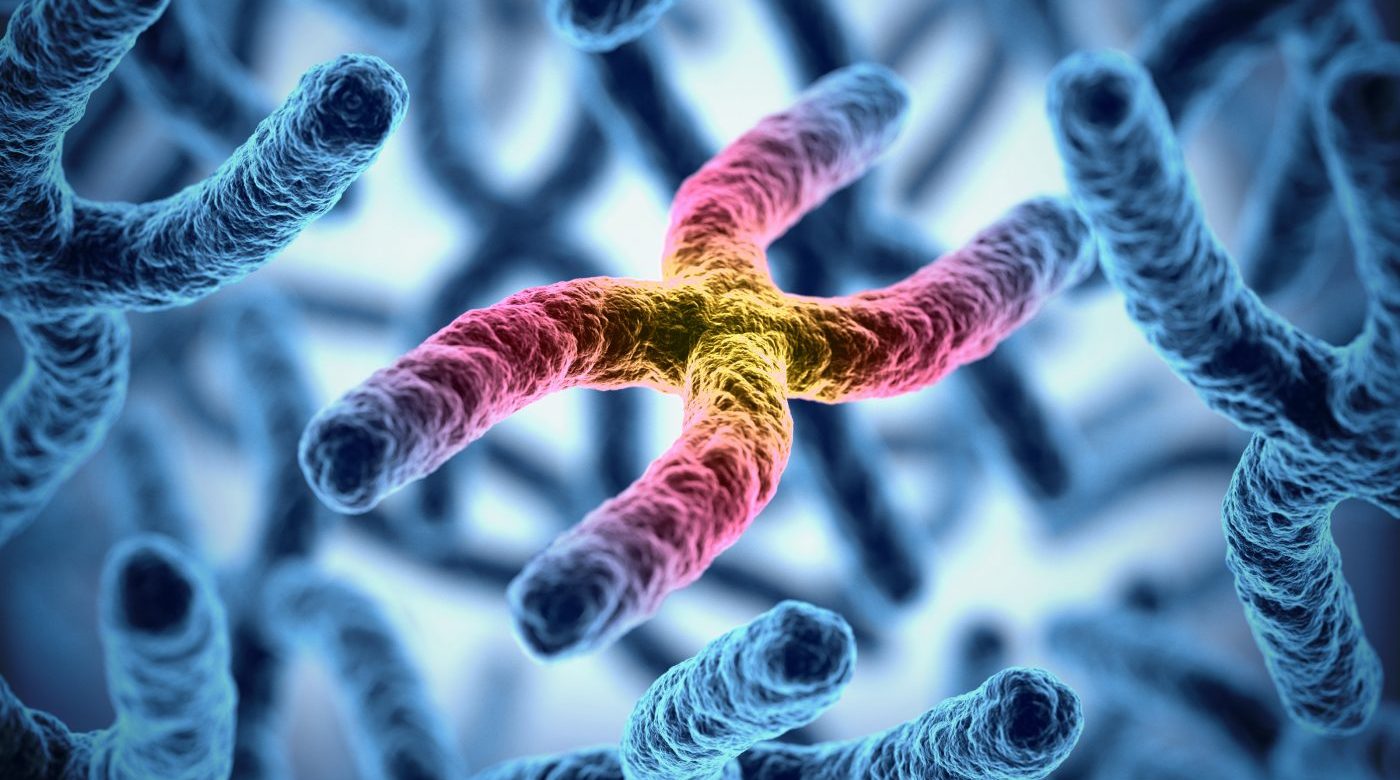

Telomeres
Telomeres – The Body’s Molecular Clock
If there is a candidate to be considered the human body’s molecular clock, then one of the front runners must certainly be the telomere length. Telomeres are a part of our cellular anatomy that holds dramatic information about the trajectory of our health and may turn out to provide the single most important biomarker of aging.
A telomere is a protective cap at the end of a chromosome, the threadlike structure that carries DNA, the genetic material of our cells. Just as plastic tips prevent the ends of a shoelace from fraying, Telomeres keep our chromosomes intact, healthy and functioning. This process allows cells to reproduce, the key to healthy aging if not life itself.
The longer your telomere length, the healthier you are. The older you are, the shorter your telomeres generally get. Most cells can replicate about 50 times before their telomeres become too short to protect essential parts of the DNA during the replication process. Once they are reduced to about half the length they were in your 20s, these critically short telomeres can cause healthy cells to transform into cancerous tissues. They can also trigger the aging of cells which damages the replication process. Eventually, the molecular clock stops ticking.
Telomeres: The Next “Cholesterol”
Telomere length may well become the first breakout biomarker of aging—so critical to staying healthy and vital longer that it will surpass cholesterol as the number you need to know if you are serious about your health as you age. A cholesterol count can’t give us anything like the record of cumulative damage such as oxidative stress and inflammation that a telomere measurement can. It tells us not just about the health of our cardiovascular systems but about all the body’s organ systems, and the body as a whole.
You may not necessarily have problems if your cholesterol is high, but you will have problems if your telomeres are short. Telomere length tells us about our risk for nearly all the diseases of aging, not just cardiovascular disease. And while cholesterol does not correlate with age, there is direct association between telomere length, age, and many of the chronic diseases of aging—everything from cancer to dementia. Young people who have their telomeres measured will have a baseline to track how they are aging.
And just as drugs like Lipitor have came on the market to lower cholesterol, therapies are available and more are being developed to maintain and even increase telomere length as we age.
How do we measure Telomere Length?
The subset of your white blood cells used to calculate your ImmunoAge, the lymphocytes, is also the cell type whose telomere length has been most studied. The test is performed through a routine blood draw and tells us the length of telomeres of two important white blood cells. The results give us an indication of your inherited telomere length as well as the telomere length affected by cumulative stress of aging.


